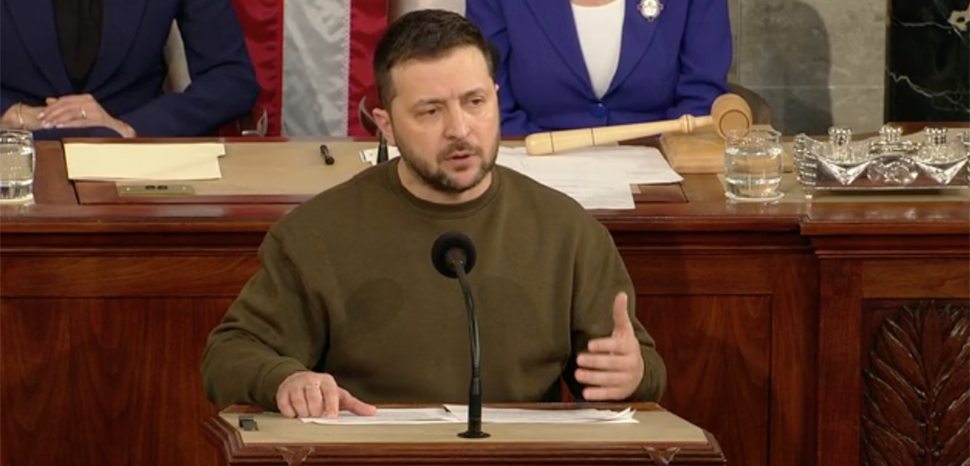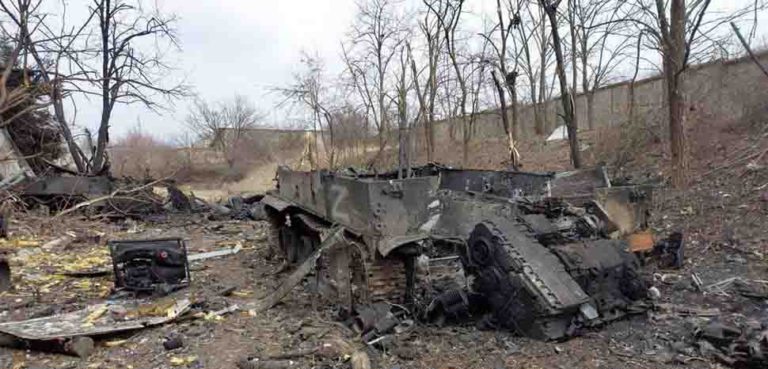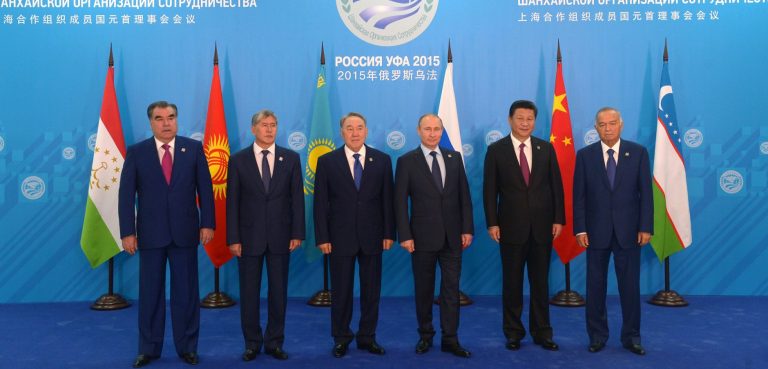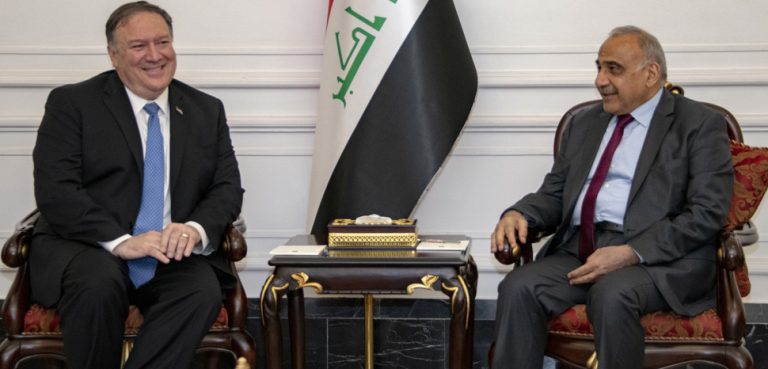As 2022 comes to a close and the Ukraine war passes the 10-month mark, some leaders and prognosticators in the West are determined for Ukraine to reach a settlement with Russia in order to ensure a lasting peace. Former Secretary of State Henry Kissinger in a piece for The Spectator urged that Ukraine should achieve ‘peace through negotiation’ in order to avoid a third world war. Kissinger’s premise is based on the belief that Russia is an invaluable member of the European security order and a great power that is destined to play a part in shaping events on the continent. French President Emmanuel Macron echoes this view when he insists on security guarantees for Russia rather than for Ukraine, making sure Moscow is not humiliated in the process. Likewise, the ‘Zeitenwende’ or ‘turning point’ in German foreign and defense policy announced by Chancellor Olaf Scholz still succumbs to a long-standing tendency within Germany not to ostracize Russia but to leave the door open for cohabitation and expanded trade.
In his article, Kissinger rightly concludes that ‘Ukraine has become a major state in Central Europe for the first time in modern history.’ Despite not falling under most definitions of the states that constitute Central Europe, Ukraine ideologically falls under Milan Kundera’s notable depiction of Central Europe as a region deeply tied to European civilization and Western values rather than to Russian imperialism. Just as the conception of Central and Eastern Europe has changed throughout history, the role of states from Poland to the Baltics are helping to redefine Europe’s security architecture and strategic outlook towards Russia. The Estonians are perhaps the most adamant in their view that negotiation does not bring peace but rather only further time for Russian forces to reconstitute and threaten Ukraine and other neighboring states in the future. It may be easier to settle for another frozen conflict in Ukraine at a time of increasing economic hardship across Europe, but for Estonian Prime Minister Kaja Kallas, peace can only come after Russia’s aggression is defeated, leaving Kyiv free to pursue its democratic path.
Likewise, the inclusion of Russia in the shared security order of the states in Central and Eastern Europe is a non-starter for Warsaw and Tallinn. Russia’s security can only be interlinked with that of Europe if it proves itself to be a responsible actor and not a state increasingly characterized as a state sponsor of terrorism by European capitals. This can arguably only happen in a post-Putin Russia that finally becomes post-Soviet and is ready to tackle the demons of its imperial past with guaranteed respect and unconditional sovereignty for its former republics.
For Ukraine, its alliances have never been more steadfast and its integration into the Western security architecture and European political institutions, through both NATO, and the EU, continues to deepen. Despite a brutal winter ahead, the Ukrainians are unlikely to capitulate to Russian demands because of continued attacks on Kyiv’s energy infrastructure, nor is another flow of refugees into Poland and neighboring states likely as a result. Kyiv remains emboldened on almost every level, and its leader, President Zelenskyy, the recipient of numerous accolades and admirers across the globe. His first overseas visit since the conflict began to Washington DC is a testament to his stature on the world stage and his confidence as a leader capable of galvanizing his people at home and earning the respect of great powers who previously underestimated his abilities. The coming deployment of the Patriot missile defense system to Ukraine is another sign of the immense trust Washington now places in Kyiv, with further battlefield successes and continued counteroffensives likely in the first months of the new year.
As the journalist Luke Harding concludes in his account of the first ten months of the war, Ukraine has proven many times to be ‘one of history’s survivors,’ bouncing back from unspeakable tragedy and defining the course of its future. This same optimism is echoed by the historian Timothy Garton Ash in his assessment that Putin is the greatest threat and perhaps the death knell to the concept of the ‘Russian world,’ originally conceived as a soft-power means of influence but now harboring no illusions as to its hard-power capabilities as well. For grand strategists like Kissinger and Macron, the will and strength of the Ukrainian people is anathema to long-standing conditions and preconceived notions in international politics that views Russia as a state required to coexist with Europe by virtue of its size and influence. In Ukraine, values and the idealistic nature of international politics are on full display, clashing with the realist tendency to view states as fundamentally acting in pursuit of their own interests and the global system as anarchic by default.
As the new year dawns, Putin has redrawn the map not of Ukraine, but of international relations and of the virtues of alliance-building in the modern era, adding more nations to NATO and giving liberal internationalism a new wind. This is Kyiv’s strongest argument to continue to fight and not hobble to the negotiating table seeking security guarantees for its invader and not for itself. Kyiv is driving Russian politics and the trajectory of a post-Putin Russia while acting as a bulwark for the security of the West in the process. As such, the decision should be Kyiv’s alone as to whether Russia should be integrated into a common European home and whether Moscow is worthy of security guarantees from its neighbors on the continent it has so brutally traumatized.
The views expressed in this article belong to the authors alone and do not necessarily reflect those of Geopoliticalmonitor.com




